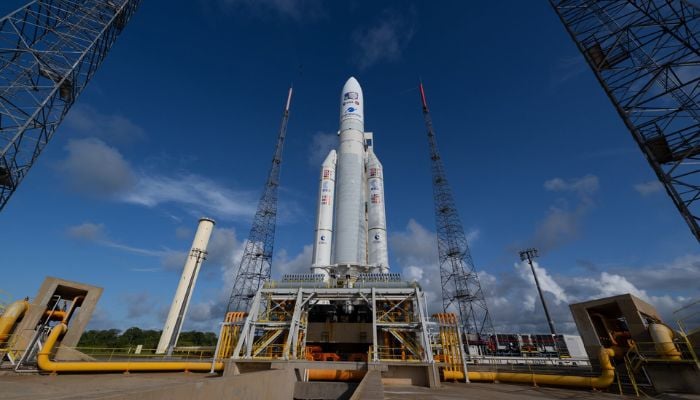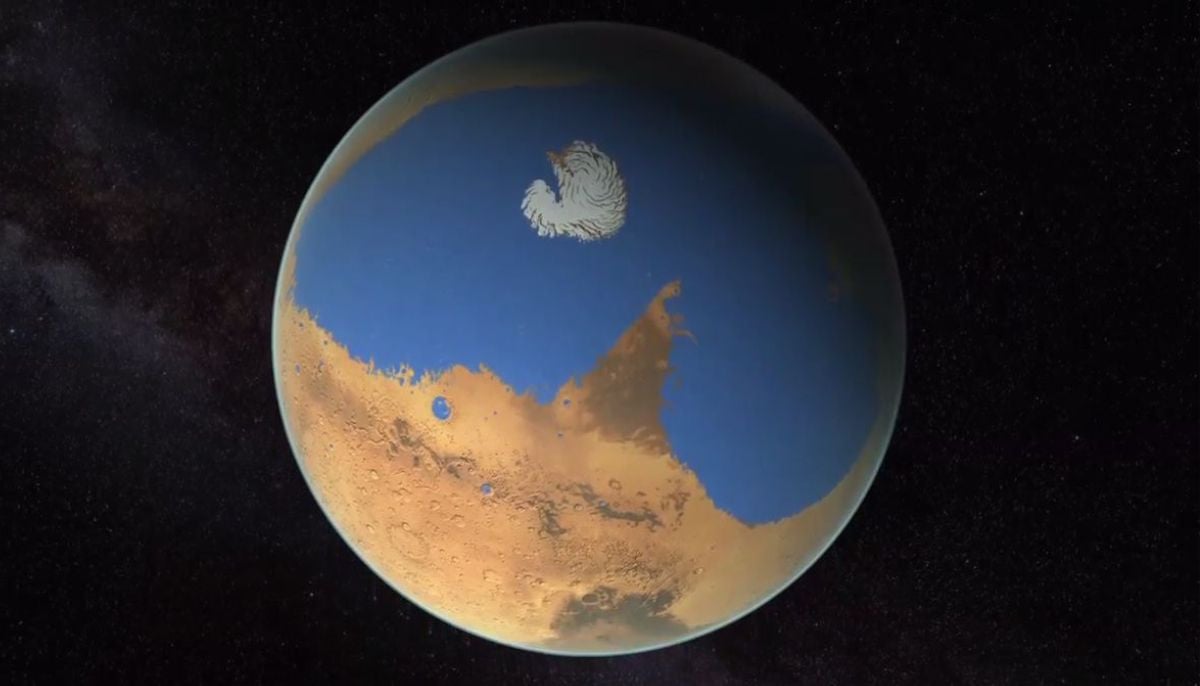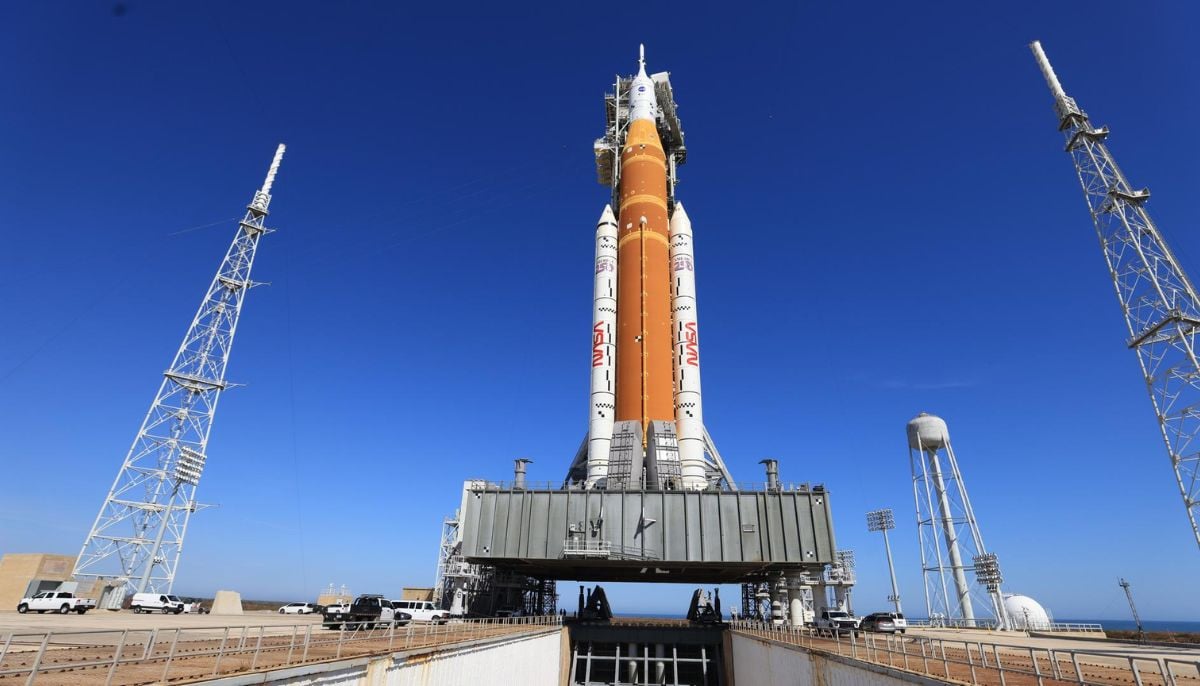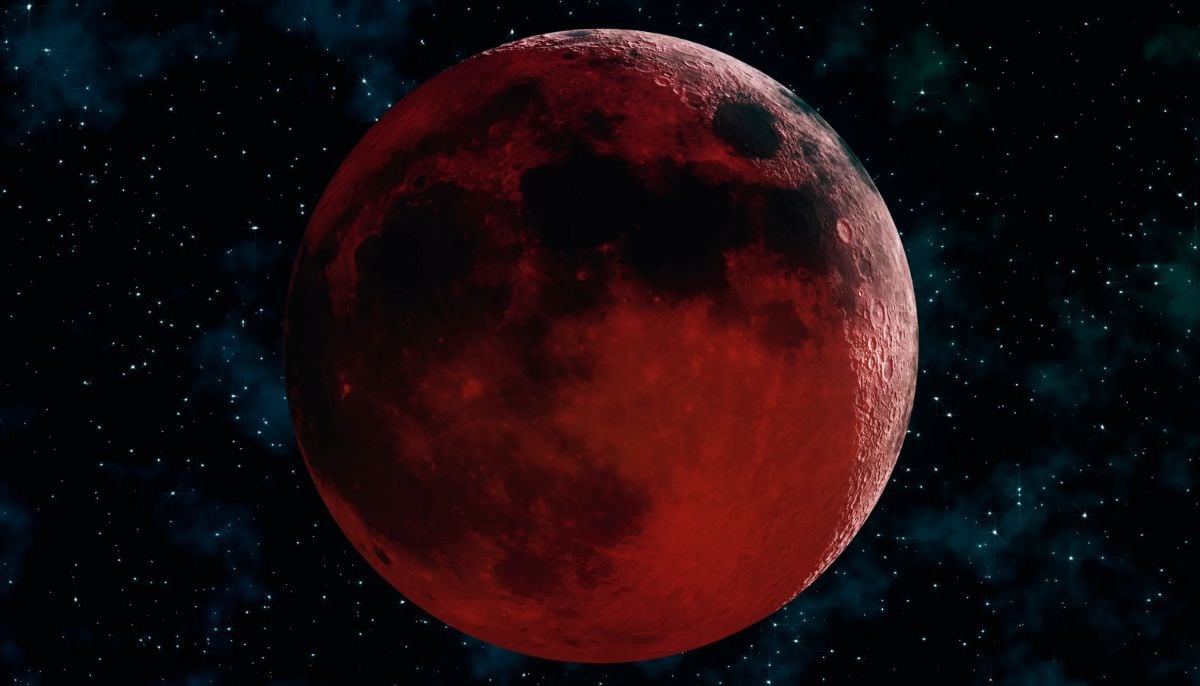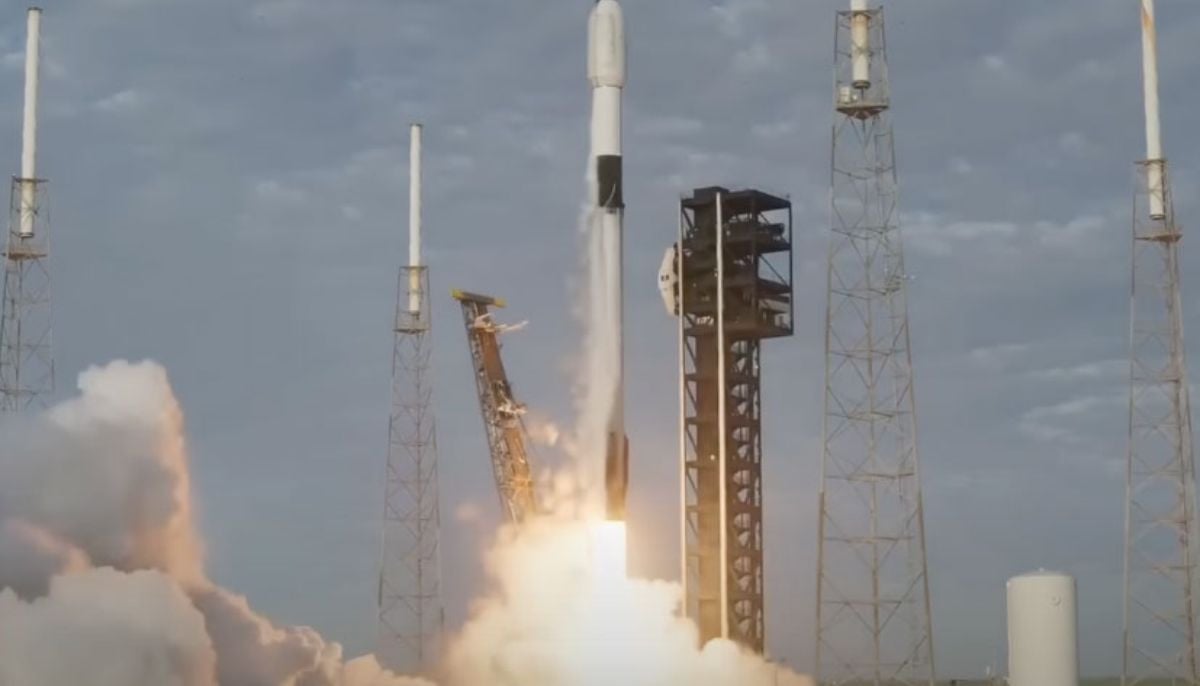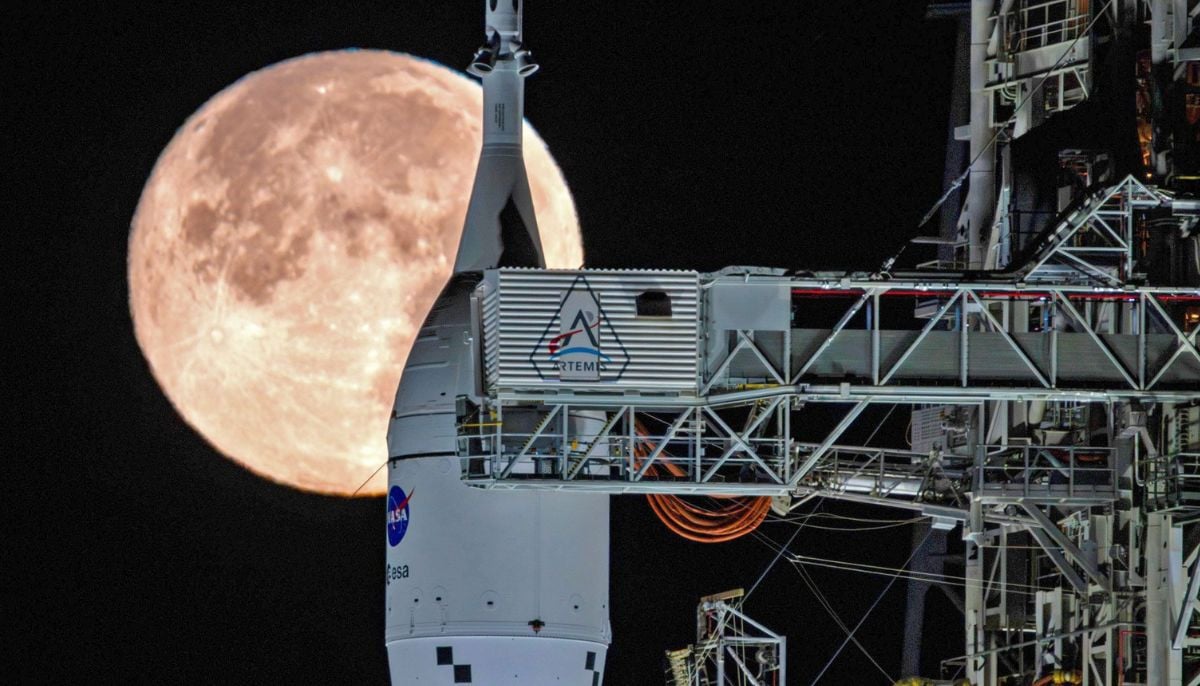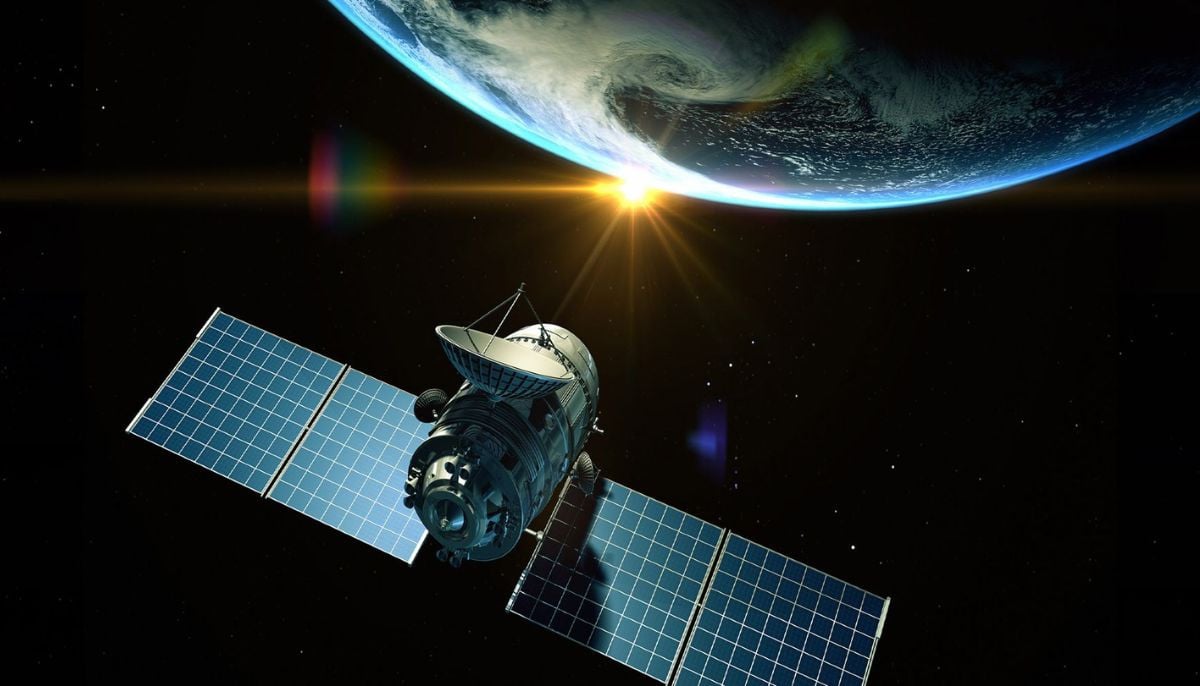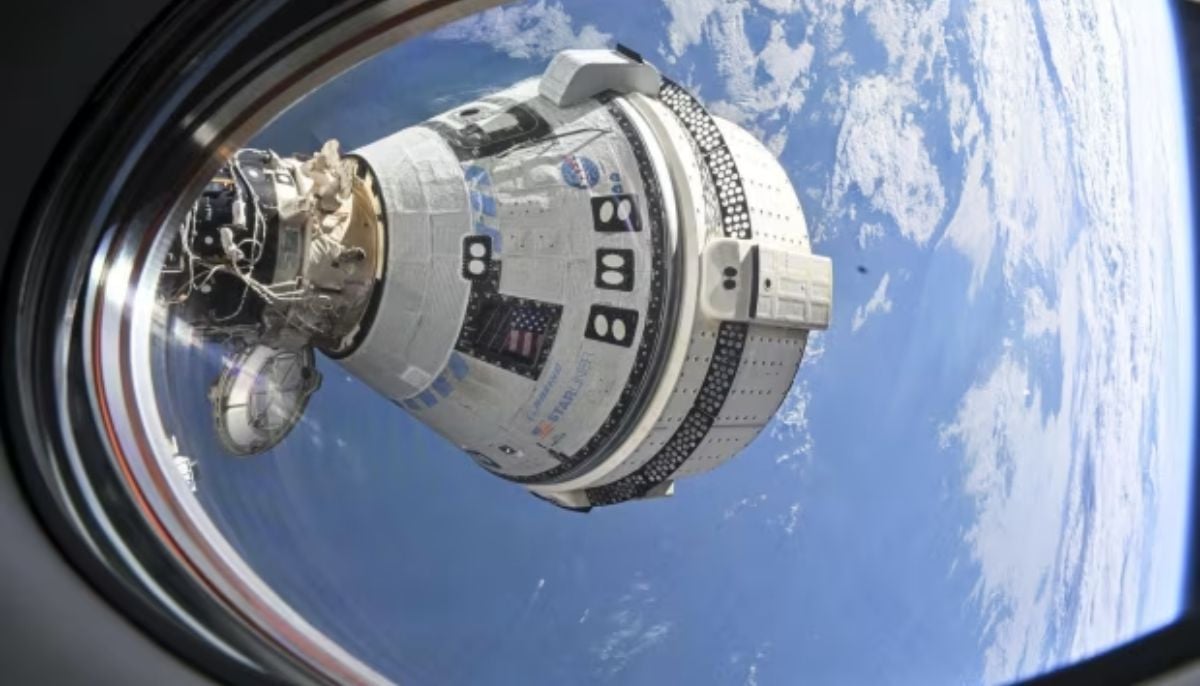ESA JUICE launch: All you need to know
ESA JUICE launch will be streamed live by the ESA's WEB TV from 11:45pm UTC (7:45am ET).
The European Space Agency (ESA) is set to launch the Jupiter Icy Moons Explorer, also known as JUICE, tomorrow. It will be the first European mission to Jupiter, and its primary goal is to gain new insights into the Jovian system, with a particular emphasis on the three icy moons: Europa, Ganymede, and Callisto.
JUICE will take about eight years to reach Jupiter, during which it will conduct three flybys of Earth (the last one in 2029), one of Venus, and another of asteroid 223 Rosa in the main Asteroid Belt. The spacecraft will then fly past Ganymede in July 2031 before entering into an orbit around Jupiter.
“We have two big topics for the JUICE mission. The first one is to study what we call habitable places. Do we have places around a planet like Jupiter where we can have habitable conditions or conditions interesting for life? We have some good evidence that there is a lot of liquid underneath the surfaces of some of these icy moons,” Dr Olivier Witasse, a planetary scientist working on the scientific aspects of the Mission, told IFLScience.
“The second topic is Jupiter,” he continued. “It is a very interesting planet, a miniaturised solar system with many many moons, dust rings, and a huge magnetic field that rotates very quickly. We would like to understand the system as a whole. And to maybe have a kind of model for exoplanets and extrasolar systems," the outlet quoted him.
How to watch ESA's JUICE launch
On April 14, 2023, the European Space Agency (ESA) will launch the Jupiter Icy Moons Explorer (JUICE), the first European mission to Jupiter, from Europe's spaceport in French Guiana at 12:14pm UTC (8:14am ET).
The launch will be streamed live by the ESA's WEB TV from 11:45pm UTC (7:45am ET). Assuming everything goes well, JUICE will be released 28 minutes after the launch, starting its journey to Jupiter.
During its eight-year mission, JUICE will fly past Europa twice, Ganymede 12 times, and Callisto 21 times, investigating their potential habitability. In fact, when JUICE reaches Ganymede, it will become the first spacecraft to orbit a moon other than Earth. The mission will dedicate its latter part to studying Ganymede's magnetic field, which makes it unique in the Solar System, and the potential for habitability. If Callisto has a liquid ocean, JUICE will also detect it.
According to Dr Witasse, the mission's lead scientist, the scientific investigations are thrilling, and the results could lead to groundbreaking discoveries in the 2030s, including evidence of life beyond Earth.
-
Sun appears spotless for first time in four years, scientists report
-
SpaceX launches another batch of satellites from Cape Canaveral during late-night mission on Saturday
-
NASA targets March 6 for launch of crewed mission around moon following successful rocket fueling test
-
Greenland ice sheet acts like ‘churning molten rock,’ scientists find
-
Space-based solar power could push the world beyond net zero: Here’s how
-
Hidden ‘dark galaxy' traced by ancient star clusters could rewrite the cosmic galaxy count
-
Astronauts face life threatening risk on Boeing Starliner, NASA says
-
Giant tortoise reintroduced to island after almost 200 years
